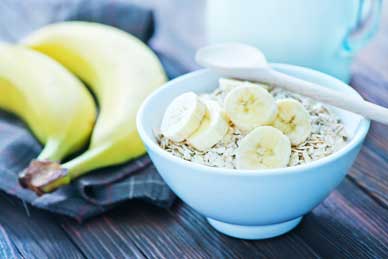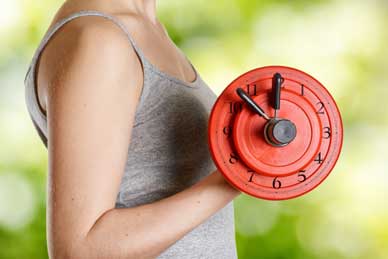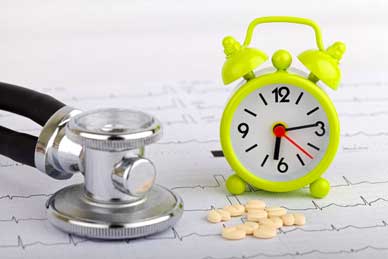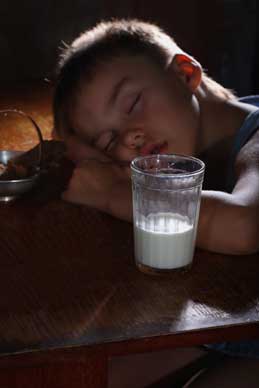Night shift work can make you very tired and interfere with your sleep cycles. Alarmingly, a growing body of research suggests that it can also contribute to heart disease.
Anyone who has ever performed night shift work knows that it can have immense effects on your schedule as well as your general feelings of well-being. When you work the night shift, it can be difficult to maintain a schedule, get adequate sleep and avoid feeling fatigued all the time. Sleeping at odd hours, especially during the day, is a challenge for many. The result is fatigue, fuzzy thinking and other complaints. However, the effects of night shift work are not a mere inconvenience. Not only can working nights mess with your sleep and energy, but it can affect your cardiovascular health as well.
How Does Night Shift Work Affect Your Heart?
The Nurses’ Health Study has been following a huge population of nurses(more than 100,000 people) for several decades. One surprising discovery is that people who work the night shift or are on-call at night have an increased risk of mortality by 11 percent. In addition, these workers are between 19 and 23 percent more likely to die of cardiovascular illness. The increased incidence of heart disease and cardiovascular-related death is present even when other variables are the same.
The Physiology of Night Shifts and Heart Disease
Medical researchers have identified a few ways that night shift work can contribute to heart disease. One study found that even a short-term disruption of a person’s natural circadian rhythm can lead to higher blood pressure and increased inflammation, both of which are important risk factors for heart disease.
Another study looked the effect of working irregular hours in health care workers and found that these people have more activity in the sympathetic nervous system. This system is associated with both emotional and physiological stress, the creator of what we call the “fight or flight response.” Health care workers who miss sleep for work have more physiological stress hormones. In addition, they have thickening of the carotid arteries and other signs of developing cardiovascular disease.
Healthcare workers are not the only population where shift work can affect heart health. The CDC and WHO consider shift work a major cause of occupation-related illness due to several studies finding a significant increased risk. Working the night shift is simply not healthy for most people.
New Discoveries, New Approaches
We will always need night shift workers to staff hospitals and in other fields that don’t close down for the night. However, there are ways that knowledge of the link between heart disease and night shift work can be used to improve health. People who work odd hours can be screened earlier and more carefully for cardiovascular problems like high blood pressure to allow early detection and treatment. In addition, melatonin and other supplements may help to prevent cardiovascular disease by helping workers to get adequate rest and maintain a healthy circadian rhythm. Fields where night work is not necessary may consider changing hours so workers can keep a more natural circadian rhythm.
Sleepless nights affect people more than we often realize. New studies are constantly linking surprising diseases with disruptions in the circadian rhythm. Regular sleep of high quality is very important to good health, even if modern life often makes it difficult.




